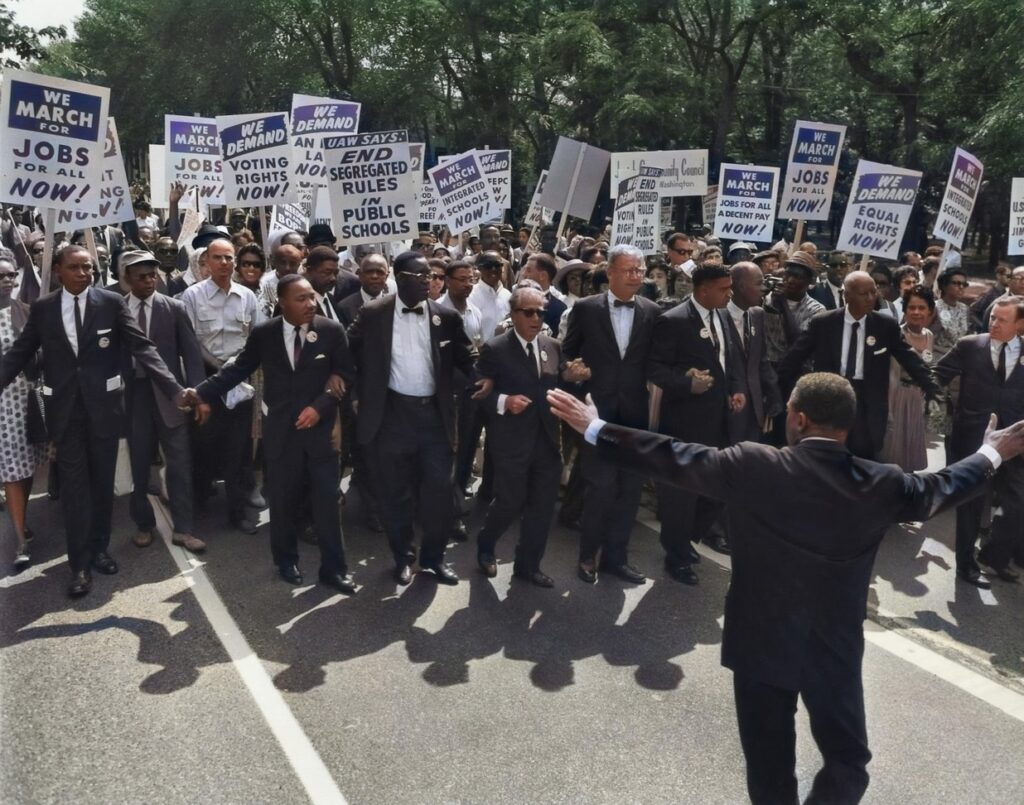이 글을 한글로 읽기
Last week, we observed two important occasions: the 56th anniversary of the Civil Rights Act of 1964 and the Independence Day.
The Civil Rights Act of 1964, which prohibited discrimination based on race, color, religion, sex, or national origin. By outlawing racial segregation in public accommodations, the law paved the way to significantly lower the barrier for access to voter registration, poll sites, and higher education; however, violent legacies of Othering in America continue to impact our country’s present and future.
The outbreak of COVID-19 has increased anti-Asian sentiment and has led to a slew of hate crimes, violence, and discrimination against Asian Americans.
In March, three Asian Americans in Texas were stabbed on the false perception as transmitters of the coronavirus disease. The FBI designated the incident as a hate crime and shortly after released a warning on the surge of similar attacks against those of Asian ancestry. In June, at least two incidents received national attention in which Asian Americans were called a racial slur on their business premises and told that “Asians don’t belong in this country.”
A few weeks ago, an elderly man in Rialto, CA, was subject to physical violence allegedly based on his ethnicity. We reached out to Rep. Norma Torres (D, CA-35) who represents the area to make sure the case is prosecuted thoroughly and promptly, as well as for her support in preventing such incidents in the future. We have also endorsed a bipartisan effort, led by Rep. Ted Lieu (D, CA-33) and Rep. Rob Woodall (R, GA-7), that calls on the Department of Justice to condemn anti-Asian bias.
A Torrance resident came home to a note reading “go back to Japan,” and a Filipino American was reported to the police by his neighbors who did not believe that he lived there. He described the incident as “thinly veiled racism that emerges from deeply rooted stereotypes.” A professor in Oakland, CA, asked a Vietnamese American student to “Anglicize” her name because it sounded “offensive” in English.
These are only a few recent incidents. The harsh reality is that racism, whether systemic or in the form of “polite” microaggressions, has always been here and is not going to go away overnight. History also tells us that no amount of education attainment, social stature, or economic success protects anyone from racism.
It is the reason why continued civic engagement by each and every one of us is all the more important today—and why KAGC remains committed to empower and equip you to be an active, vocal citizen. Speaking up is the only way to stand our ground, and we are the only ones we have to advocate for our own community.
In doing so, we would like to reflect on the courageous advocacy of all those who led the Civil Rights Movement and the landmark law in 1964, most of whom were Black citizens who became activists by necessity. Unfortunately, too many Black Americans suffer from systemic inequities and institutionalized racism today. In these trying times, we stand in solidarity with the Black community against hate, bigotry, discrimination and violence, based on race.
Despite the relative social privilege we Korean Americans enjoy, our place in the American society is “lonely and precarious” and “has served as a convenient buffer between the racism of the white majority and the anger of the [B]lack minority.” At times we bear the brunt of racism, while at other times, we perpetrate the systemic inequities, inadvertently or otherwise. This is the impetus for our repeated introspection, consistent engagement, and continued education in the civic space.
So as we celebrate the Civil Rights Act of 1964 and our nation’s 244th year of independence, we salute the courage and sacrifice of those who have led the movement for justice, equity, diversity, and inclusion. We also reaffirm our solidarity with those suffering from the systemic inequities, not only because we benefit greatly from our predecessors’ efforts, but because we too are committed to building a better America. It is simply our responsibility as a member of this community.
